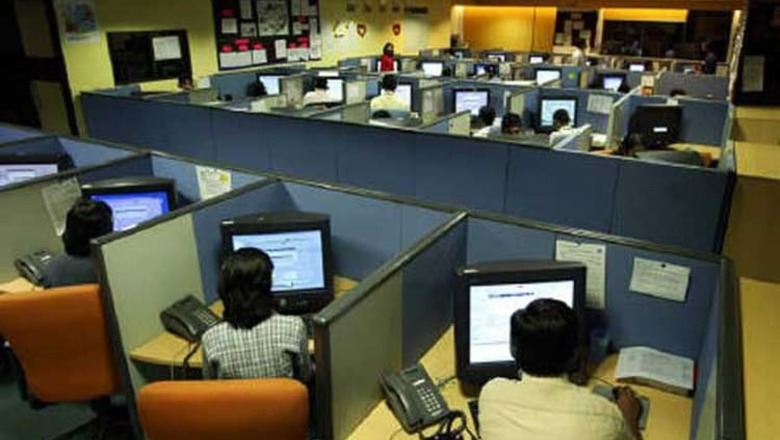
views
Team building is a crucial aspect if one wishes to extract the best out of one's workforce. Employees today are gauged on working smart than just hard for accomplishing the company's goals. Though it contributes majorly in the way of highlighting an employees' individualism, but it does not ensure the success of the company in a big way. It takes combined effort of the team which decides the future of the company.
One of the very many reasons why companies use team building activities is because it's a fun way of gauging employees' leadership qualities. Other reasons include improving communication skills and motivation. Conducting regular ice-breaking sessions helps the employees know each other better on their personal as well as professional front. Team building activities can be used by scaled organisations, to promote better teamwork in the workplace. Employers know that working in teams together in office further leads to the company's success.
Of all the adages that have made their milestone run since the very beginning known to mankind, team work and its effective contribution for any professionally structured or unstructured organisation has been a positive one. Working in groups has been noticed as giving a better outcome over time than an individual performer, like the famous old saying of five-sticks. Improved sense of working in the society, with better accomplishment of company goals, is a major plus. Team work attributes to positive impact on employees by boosting their morale and keeping their attitude in check.
The fact remains unchanged that team work has a positive yet modest impact on companies. Several researchers have found supportive documentations and practical samples across the range of studies ever conducted in a systematic range of work settings. Teams reflect the potential for enhancing performance and attitudes, but not all implementations have had the positive results anticipated by researchers or practitioners. Improving teamwork in the workplace can be achieved in several ways.
Implement Recognition Programmes
Quality teamwork should be encouraged by rewarding employees for their respective performance. Incentives to motivate the team by praising and issuing tokens of appreciation or perks should be borne by the project or company name thereby boosting teamwork among group members. This would motivate the employees and boost their morale to perform even better the next time as team work goes hand in hand. Successful team work always proves to be a positive turn-around for the business. No extraordinary efforts need to go in building the team and working together. It is the efforts taken as a team that come out beautifully on completion of a task or a project while attaining the company goals effectively and efficiently.
Encourage Social Activities
A trust factor is instilled among the employees when they know each other personally, and can openly discuss their problems among each other. Such a level of camaraderie has to be built among the teams. Grapevine communication can also help the employees to open up and even seek professional help laterally or above, in the hierarchical setting at the workplace. An office trip to the outskirts of town or a tourist locale would help them unwind and relax. It would help them come out of the formal official setting and interact openly with their colleagues, subordinates and bosses, alike.
Outline Clear Roles
Teamwork can be boosted by outlining clear-cut roles of each employee. At the start of any new project, a clear picture of the work should be allotted to each member involved keeping in mind the hierarchy and set of responsibilities so as to avoid confusion. Also should be kept in mind the calibre of the employees when listing out the tasks and deduce stress arising from unrealistic expectations. The employees can only push themselves to a certain level, after which they begin to wear out and become drawn to depression.
Mediate Disputes
Detailed instructions shall be given to remedy issues that arise among employees by boosting teamwork by empowering employees to solve issues efficiently and productively. The group should be encouraged to provide proper documentation of their problems without hesitation and any problem should be rationed out.
Teamwork has been at the centre of debates as new forms of work structures are rooting in modern capitalist societies. The traditional Taylorist forms of work organisations are now breaking down into effective teams that further help the organisation achieve its fiscal goals. Decentralisation of responsibilities helps identify greater initiative among team members and gives employees a better control of their jobs. It is not uncommon to outcry the vacuum between theoretical and practical approaches, but perhaps bridging this gap through team building can seemingly yet effectively boost professional productivity.
(Author Success Guru AK Mishra is Founder and Director, Art of Success)




















Comments
0 comment